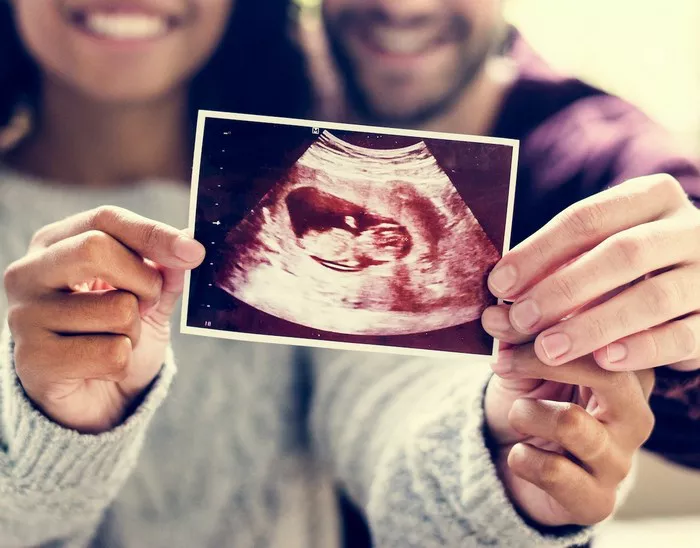Egg quality refers to the health and viability of a woman’s eggs, which is crucial for fertility and successful conception. It encompasses various factors such as the egg’s structure, chromosomal integrity, and mitochondrial function. High egg quality is vital as it directly impacts embryo development and the likelihood of a successful pregnancy. Understanding and addressing factors that influence egg quality is essential for individuals seeking to enhance their fertility.
Factors Affecting Egg Quality
Controllable Factors
Several lifestyle and dietary factors can influence egg quality, offering individuals the opportunity to take proactive steps to improve it. These include:
1. Diet: A balanced diet rich in antioxidants, vitamins, and minerals is crucial for supporting egg health. Conversely, excessive consumption of processed foods, sugar, and unhealthy fats may negatively impact egg quality.
2. Weight: Maintaining a healthy weight through proper diet and regular exercise can positively affect egg quality. Both obesity and being underweight have been associated with decreased fertility and lower egg quality.
3. Smoking and Alcohol: Tobacco smoke and excessive alcohol consumption have been linked to reduced fertility and poor egg quality. Quitting smoking and limiting alcohol intake can improve reproductive health.
Uncontrollable Factors
While some factors affecting egg quality are controllable, others, such as age and genetics, are beyond an individual’s control.
1. Age: Advanced maternal age is one of the most significant factors affecting egg quality. Women are born with a finite number of eggs, and as they age, both the quantity and quality of eggs decline, leading to increased difficulty in conceiving and higher rates of chromosomal abnormalities.
2. Genetics: Genetic factors can influence egg quality, predisposing some individuals to higher risks of fertility challenges. However, while genetics play a role, lifestyle factors can still significantly impact egg quality.
Dietary Recommendations
Foods to Support Egg Health
Certain nutrients play a vital role in supporting egg health and fertility. Incorporating the following foods into your diet can help improve egg quality:
1. Folate-Rich Foods: Leafy greens, lentils, and citrus fruits provide essential folate, which is crucial for DNA synthesis and reducing the risk of chromosomal abnormalities.
2. Omega-3 Fatty Acids: Fatty fish, flaxseeds, and walnuts are rich in omega-3 fatty acids, which support hormone regulation and reduce inflammation, promoting better egg quality.
3. Antioxidant-Rich Foods: Berries, nuts, and vegetables like carrots and bell peppers contain antioxidants such as vitamins C and E, which help protect eggs from oxidative stress and DNA damage.
4. Lean Proteins: Incorporating lean protein sources such as poultry, tofu, and legumes can support overall reproductive health and egg quality.
Lifestyle Changes
Stress Reduction
Chronic stress can negatively impact fertility by disrupting hormonal balance and impairing egg quality. Incorporating stress-reduction techniques such as mindfulness meditation, yoga, or deep breathing exercises into your daily routine can help mitigate these effects and support reproductive health.
Regular Exercise
Regular physical activity has been shown to improve fertility and egg quality by promoting healthy blood flow to the reproductive organs and reducing inflammation. Aim for at least 30 minutes of moderate exercise most days of the week, incorporating a mix of cardiovascular, strength training, and flexibility exercises.
Supplements
Coenzyme Q10 (CoQ10)
CoQ10 is a powerful antioxidant that plays a key role in energy production within cells, including egg cells. Supplementing with CoQ10 has been shown to improve egg quality and ovarian function in women undergoing fertility treatments.
Myo-Inositol
Myo-inositol is a naturally occurring compound that has been studied for its potential benefits in improving egg quality and ovarian function, particularly in women with polycystic ovary syndrome (PCOS). It may help regulate menstrual cycles and improve egg maturation.
Omega-3 Fish Oil
Supplementing with omega-3 fish oil can provide additional support for reproductive health and egg quality due to its anti-inflammatory properties. It may also help regulate menstrual cycles and improve hormone balance.
Medical Consultation
Before making any significant changes to your diet, lifestyle, or starting new supplements, it’s crucial to consult with a healthcare professional, particularly a reproductive endocrinologist or fertility specialist. They can provide personalized recommendations based on your individual health history, underlying conditions, and fertility goals, ensuring safe and effective interventions.
Resources and References
For further reading and evidence-based information on improving egg quality and fertility, consider exploring the following resources:
1. American Society for Reproductive Medicine (ASRM)
2. The American College of Obstetricians and Gynecologists (ACOG)
3. The Centers for Disease Control and Prevention (CDC)
4. Peer-reviewed scientific journals such as Fertility and Sterility, Human Reproduction, and The Journal of Assisted Reproduction and Genetics.
Conclusion
Improving egg quality is a multifaceted endeavor that involves addressing both controllable and uncontrollable factors, including diet, lifestyle, and supplementation. By adopting a balanced diet rich in nutrients, engaging in regular exercise, managing stress levels, and consulting with healthcare professionals, individuals can optimize their reproductive health and increase their chances of successful conception. While there are no guarantees on the fertility journey, empowering oneself with knowledge and taking proactive steps can make a significant difference in achieving desired fertility outcomes.


























